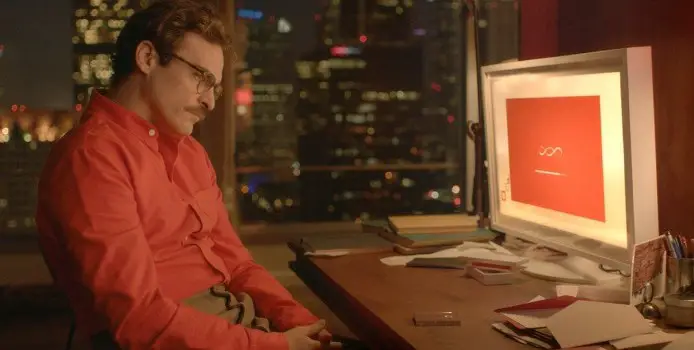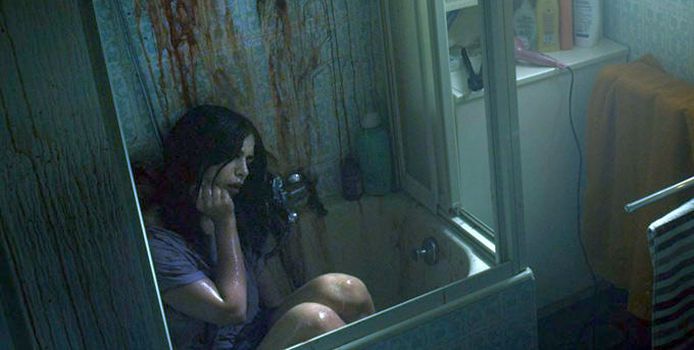science fiction
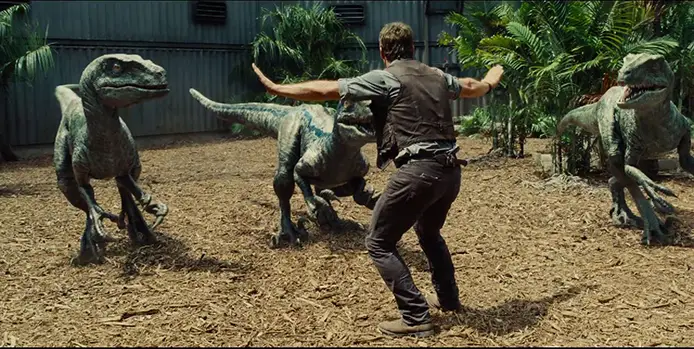
Two decades after the original Jurassic Park became the most successful film of all time at that point and ushered in the era of CGI, the blockbuster cinema landscape is very different. With Marvel Cinematic Universe, franchises six or seven sequels deep, and young-adult dystopias dominating the big releases more and more every year, original screenplays or adaptations of adult-oriented novels are struggling to make an impact – it is inconceivable that Steven Spielberg’s classic could have been released today with anything near the same level of success as in 1993. And so while the original film has a devoted fan base, few would have thought there was that much demand for a new Jurassic Park film, especially after its two increasingly inferior sequels.
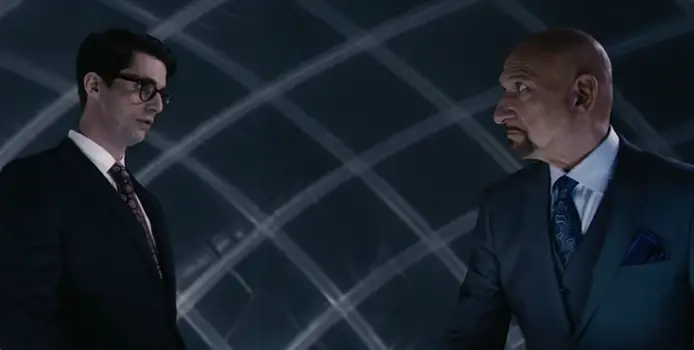
I’ve been toiling over this review for about a week now. A large portion of mainstream film criticism has shifted towards tearing down films, blatantly nit-picking all aspects of a movie and continuously shouting nasty adjectives which seemingly constitutes as a review of a film. I get why it’s so big nowadays, being angry at or disappointed in something will always get a more humorous and memorable responses.
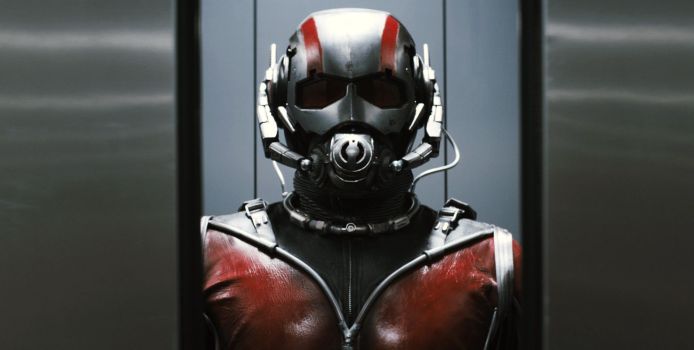
Before watching Ant-Man, it would be safe to predict that the movie would be the film that destroys the foundations of the Marvel Cinematic Universe. This is a film that has suffered from well-publicised production troubles, leading many to question the artistic integrity of the directors the studio chooses to helm its projects, whose directorial vision has to be sacrificed in order to create another chapter in studio head Kevin Feige’s grand master plan. Production troubles sometimes lead to fantastic movies, but more often than not, they lead to gigantic box office flops – not even the seemingly unbeatable Marvel can overcome that, surely?
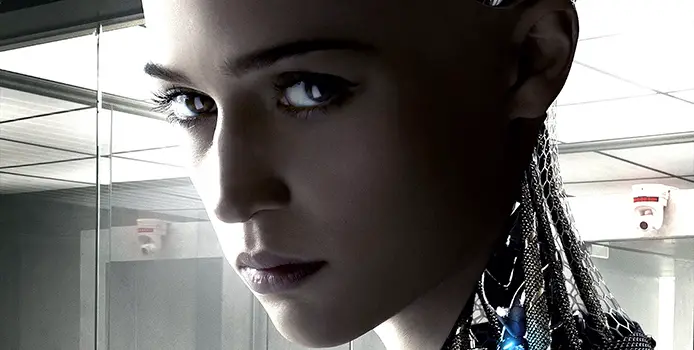
In recent years, the subject of artificial intelligence in movies has become more and more prominent, perhaps because our own technology has become increasingly advanced in that direction. It may not be long before we have created our own race of conscious, intelligent beings. Until then, though, it is always fascinating to surmise about the idea.
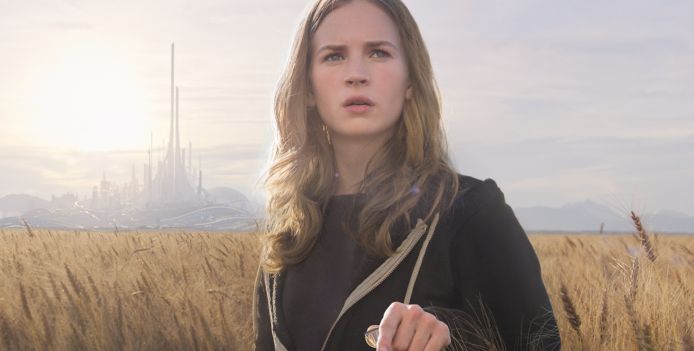
The central idea to Tomorrowland, Disney’s latest attempt to turn a theme park attraction into a blockbuster spectacle, is flawless. Instead of being pessimistic about the future, why don’t we adopt the same attitudes of previous generations and look at the future with a sense of optimism, awe and wonder? After all, today’s younger generations are being fed miserable visions of the future by pop culture, with every major summer tentpole movie of the past few years having villains who argue that the best way to save both the planet and humanity as a whole is to destroy it.
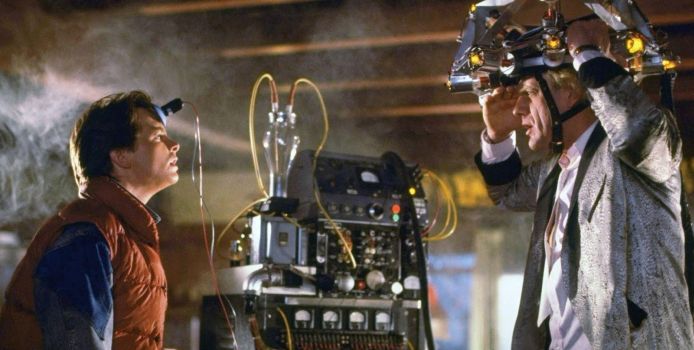
In some ways, the cinema is the closest thing we can experience to travelling through time – certainly the closest of any art form. In the dark room of a movie theatre, an audience can be transported to the distant past or spectacular visions of the future, and even in watching films from the 30’s and 40’s we can look at the lives and faces of people who died many years ago. Time travel became popular as a literary device with HG Well’s The Time Machine – published in 1895, the same year that the Lumière Brothers made Arrival of a Train at La Ciotat.
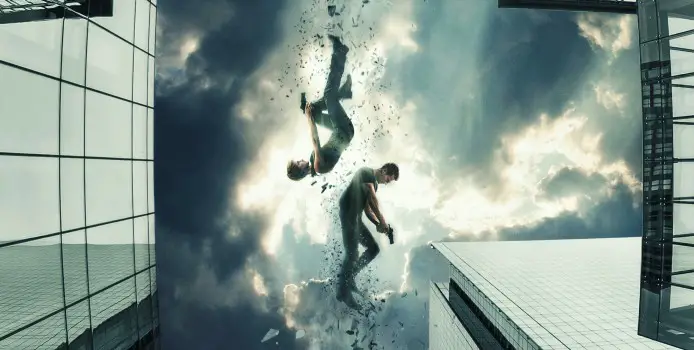
I had read Veronica Roth’s Divergent before the adaptation sauntered onto cinema screens, heralded as the next The Hunger Games, and what I discovered was that I preferred the film to the book. There was more action on show, and I felt that the film fixed many of the things I found problematic with the book’s narrative. So when I discovered that the book of Insurgent didn’t impress, I decided to bypass it and wait for the film.
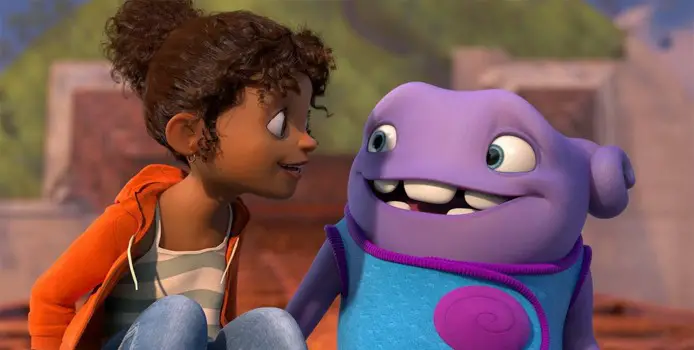
An animated film that is targeted towards young children should be colorful, with lots of movement and hopefully an outlandish character or two. Most importantly, though, it must have heart. It should tackle themes that are important to kids, and provide lessons that they can take away from the cinema and begin to apply to real life, not just in the way that they behave but also in the way that they understand the world around them.
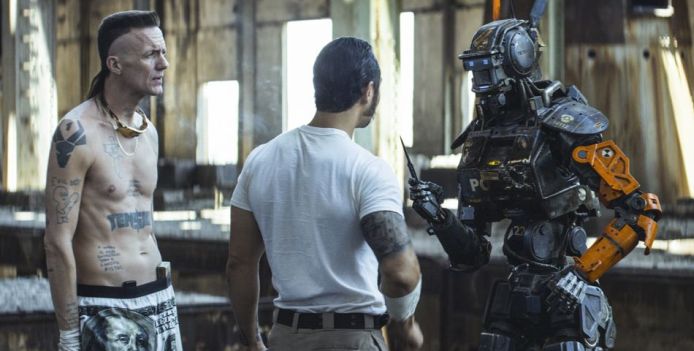
Neil Blomkamp is still a relatively new director in the game, though he has now done three movies. His first, District 9, is an intensely original feature, focusing on the subject of extraterrestrials who have come to Earth and suffer to live alongside the community of South Africa. It is at once both entertaining and politically charged, and was so well-received upon its release that it was even nominated for Best Picture at the Oscars, a very rare accomplishment for a sci-fi.
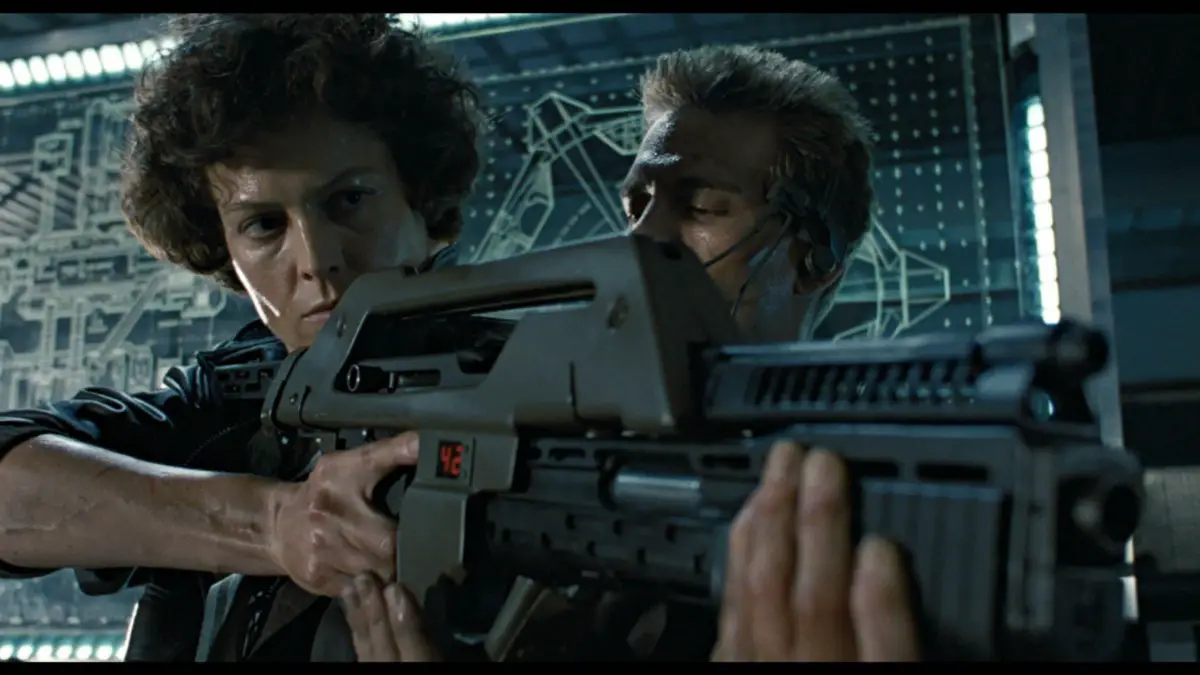
Back in January Neill Blomkamp, the director of District 9, Elysium and the forthcoming Chappie posted online some intriguing fan/concept art for an as-yet-announced project related to the now floundering Alien franchise. The art featured some very intriguing illustrations of not only Sigourney Weaver as an almost fully evolved Ripley/xenomorph hybrid but also Michael Biehn as a battle scarred Corporal Hicks. At the time nobody knew what they were for:



